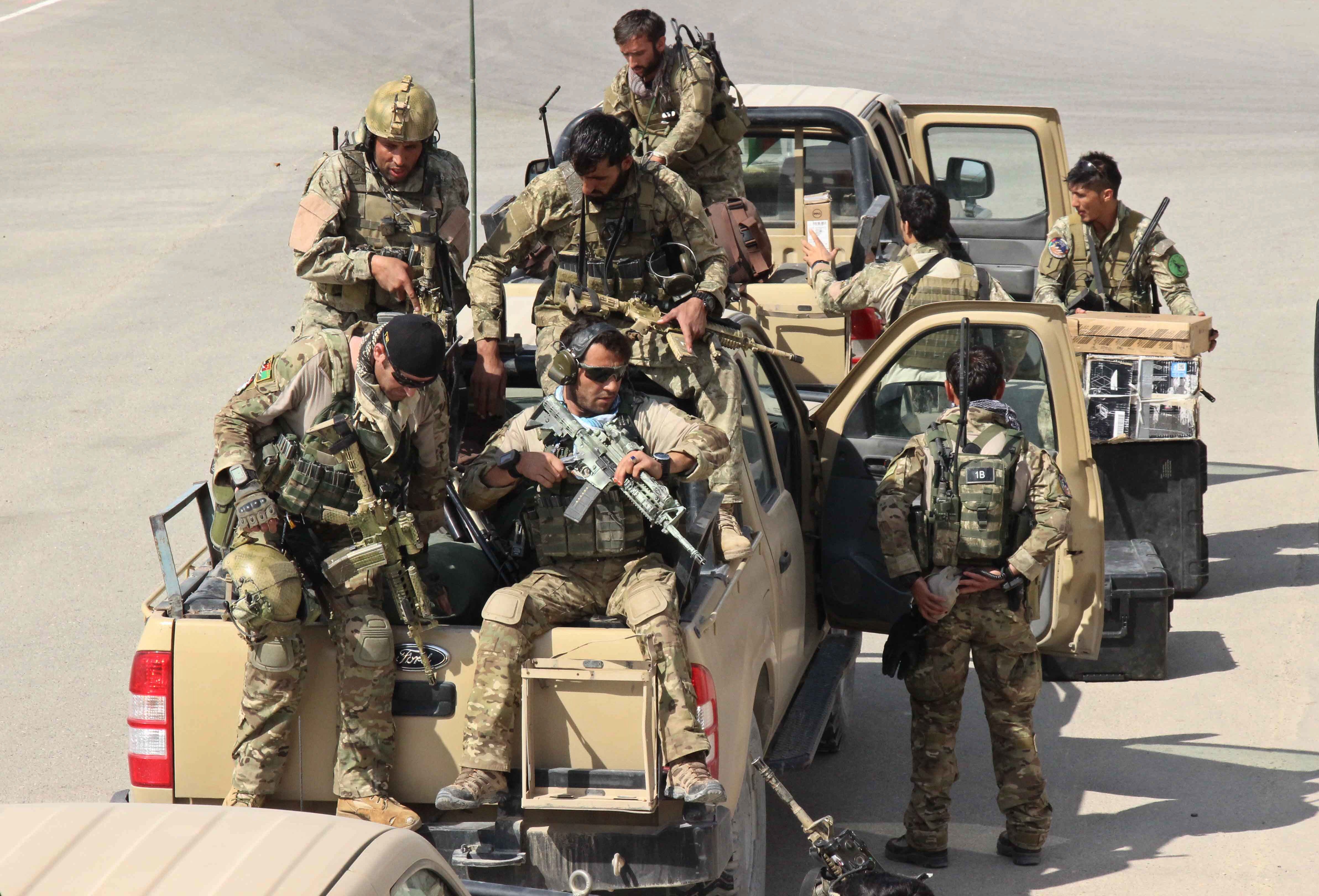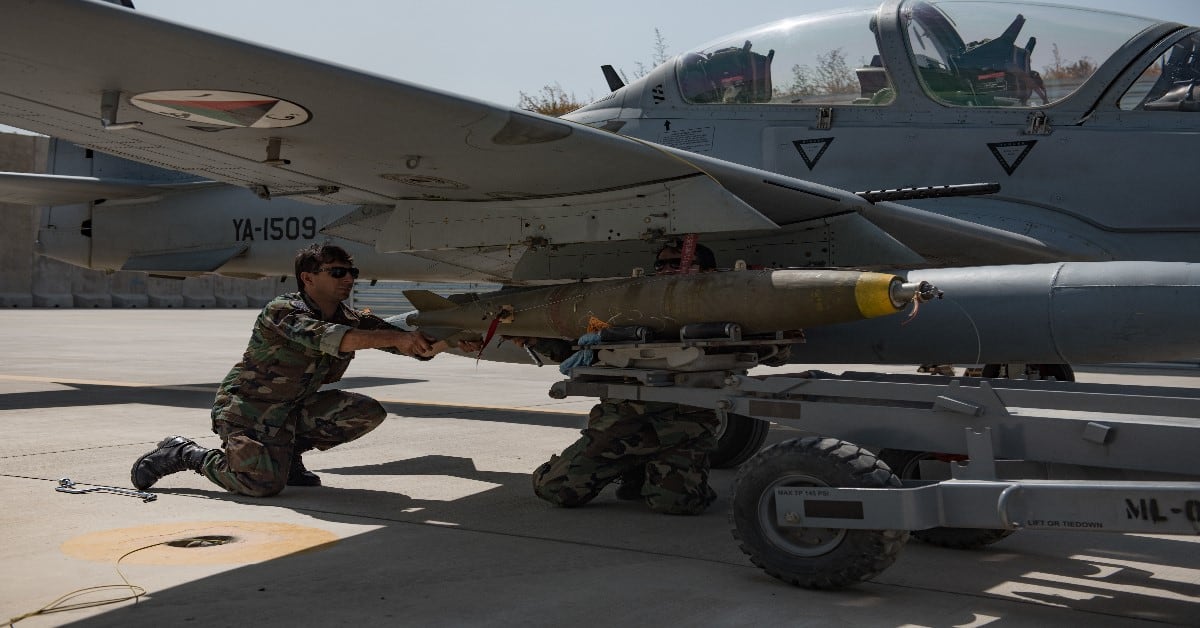NATO’s Resolute Support mission in Afghanistan remains undeterred by Taliban activity as it heads into 2018, officials said.
A recent report by the BBC stating that the insurgent group threatens 70 percent of Afghanistan “overstates their influence,” Navy Capt. Tom Gresback, director of public affairs for Resolute Support, told Military Times.
“What really matters is not the number of districts held, but population controlled. [Resolute Support] assesses that around 12 [percent] of the population is actually under full Taliban control, even if the number of districts and ground held is greater than this,” Gresback said.
He also noted that in 2017, the Taliban failed to deliver on their stated aims to retake provincial and district centers. Instead, the group is “restricted to terrorizing the countryside,” he added.
In between the optimism and dire predictions, are reports out of Afghan provinces that boil the 16-year-old war down to a stalemate.
Farah province, for one, has been plagued by protests amid deteriorating security and overrun government checkpoints.
After a series of failures there, Afghan President Ashraf Ghani appointed a new governor to the province: retired Lt. General Abdul Basir Salangi.
“With the recent arrival of reinforcements, I have a plan to coordinate a full-scale joint Afghan forces operation in the province to push the Taliban out of the province, and bring peace back,” Salangi said in an interview with Voice of America.
Targeting civilians
Research done by the BBC highlighted the Taliban’s method of taxation, which involves extorting cash from the civilian populace as a condition of providing electricity.
"They are charging people for the electricity that we supply!" one chief of a southern district said.
The report added that evidence of a tax hike by the Taliban was seen across Afghanistan. In districts where they have an open presence, militants forcefully tax farmers, business owners and commercial goods convoys.
However, the Taliban is not using those funds to pay for basic services such as hospitals and schools, according to the BBC.
“This is a criminal network, not a government in waiting,” Gresback said.
The Taliban and other insurgent groups, such as the Haqqani network, have stepped up attacks in 2017. However, those attacks largely focus on creating civilian casualties, according to Resolute Support.
“In 2017, the Taliban killed more than 2,000 innocent civilians to include women and children,” Gresback said.

Officials involved in the U.S. mission to Afghanistan maintain that the Taliban’s strikes against civilians betray their vulnerability.
“The Taliban’s tactics were described yesterday on the BBC by the U.S. Acting Special Representative for Afghanistan and Pakistan as, ‘a manifestation of the Taliban’s weakening position on the battlefield, thanks to the increase in forces and authorities introduced by President Trump’s South Asia Strategy,’” Gresback said.
A criminal insurgency
President Trump’s South Asia Policy involves a U.S. troop surge in Afghanistan, as well as affording more authority and resources to battlefield commanders, according to the White House.
“The Coalition will not relent in its pursuit of Haqqani and Taliban criminals, regardless of where they are. We are with the people of Afghanistan, and we will stay with them,” Gresback said.
RELATED

Resolute Support’s objective for 2018 is to regain 80 percent population control, according to Gresback. That’s a goal he’s confident in reaching, “based on the Taliban being on the run in many population centers,” he said.
“This is the real question for the battleground for 2018: Does Afghanistan want to live in peace under a democratic central government or continue to be terrorized by a criminal insurgency that has lost touch with its political roots?”
Kyle Rempfer was an editor and reporter who has covered combat operations, criminal cases, foreign military assistance and training accidents. Before entering journalism, Kyle served in U.S. Air Force Special Tactics and deployed in 2014 to Paktika Province, Afghanistan, and Baghdad, Iraq.





